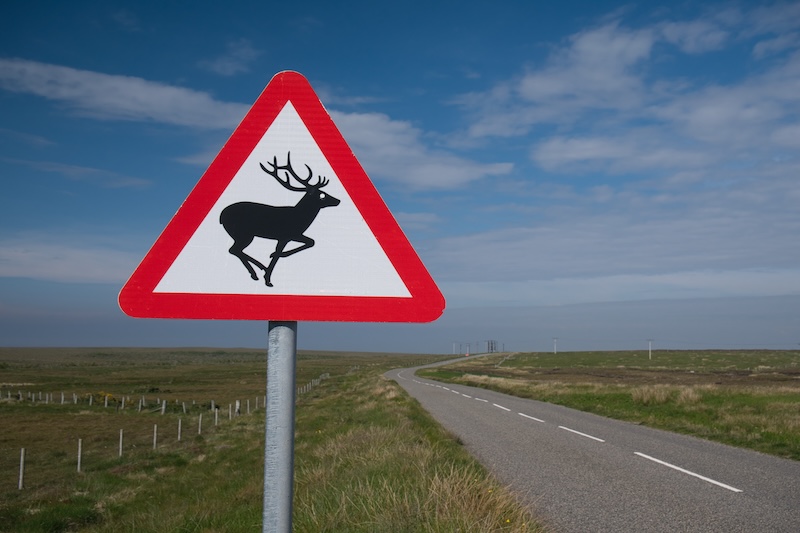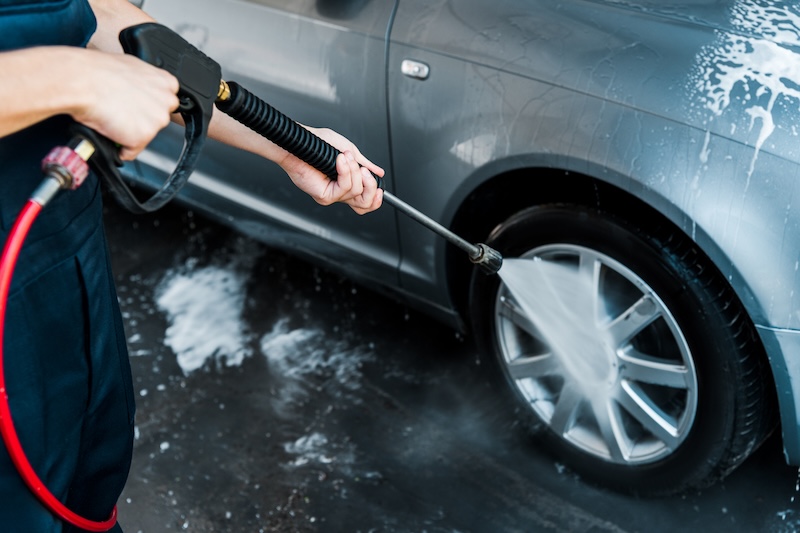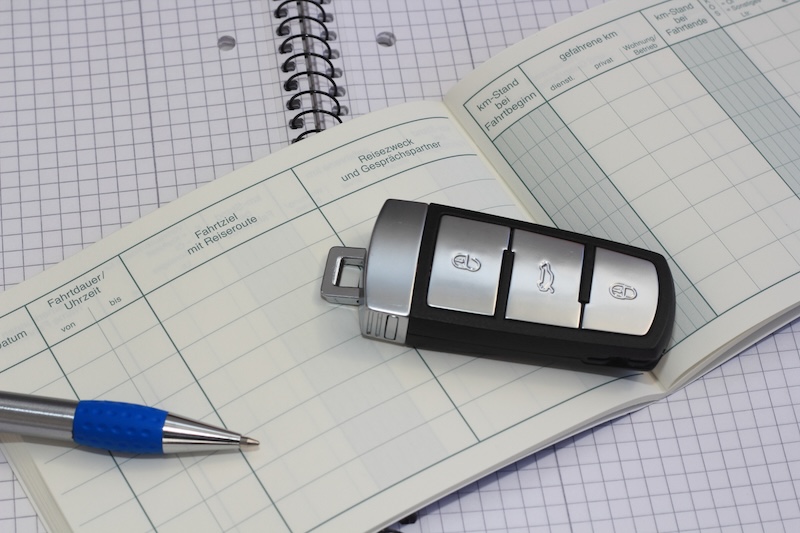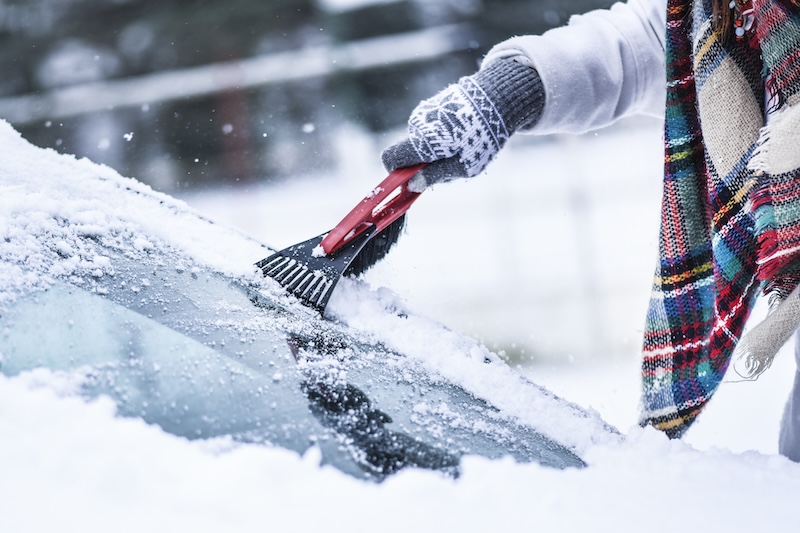Deer-related car accidents rise 42% since 2021

Accidents involving deer have risen by 42% since 2021
Deer rutting season is one of the most dangerous times to be out on the road. According to the AA, accidents involving deer rose 42% in the last three years.
1,304 deer-related accidents reported in 2023
In the rutting season of 2023 (September to November), 276 accidents were reported, a sharp rise from the 195 reported accidents in 2021.
However, there’s also been a rise in the number of deer-related accidents overall, not just during rutting season. In 2023, 1,304 accidents involving deer were reported to the AA, whereas only 1,054 were reported across the three years prior.
Half of drivers say they don’t slow down for deer
51% of drivers surveyed say they don’t slow down when they see a deer warning sign on the side of the road. Only 6% say they make an effort to slow down for deer.
Tim Rankin, managing director of AA Accident Assist, said: “Deers are wonderful animals, yet sadly too many are needlessly hit or killed on our roads. With half of drivers not taking animal warning signs into consideration, we need to better understand the realities of animal strikes.”
Between 2021 and 2023, six people were killed when swerving to avoid deer, with a further 302 people seriously injured and 659 suffering minor injuries.
What should you do if you hit a deer?
During the rutting season, deer are commonly seen on the road at sunrise and from sunset to midnight. The best way to avoid hitting one, is to drive slowly and be prepared to stop whenever you see a deer warning sign.
Here’s what to do if you hit a deer while driving:
- Stop safely: Pull over to a safe location. Turn on your hazard lights so other drivers can see you’ve stopped.
- Assess the situation: Don’t approach or touch the deer. If the deer is alive it could react unpredictably if you approach it. Deer also carry diseases which can transfer to humans.
- Check to see if anyone is injured: Deer can be quite large and hitting one can have a big impact on a vehicle. If anyone in the car is injured seek medical attention immediately.
- Report the accident to the police on 101: They will contact someone who can help remove the deer.
- Document the scene: If it’s safe to do so, take pictures of the scene. This includes damage to your vehicle and the location where the accident occurred. Evidence will be helpful for any insurance claim you might make.
- Get help for the deer: If the deer is alive but injured, call the RSPCA. They’ll send someone to help the deer and provide medical treatment if appropriate.
- Check your vehicle: Before continuing your journey, check that your vehicle is safe to drive. Look for any damage that could affect your driving like issues with your lights, tyres or engine.
- Contact your insurance company: Even if the damage seems minor, it’s important to tell your insurance provider about the accident as soon as possible.
Even if you don’t intend to make a car insurance claim, you need to let your insurance provider know. Many policies require you to report an accident regardless of whether you intend to claim, and failing to do so could affect your cover.
Make a claim with 1st Central if you’ve hit a deer while driving.


